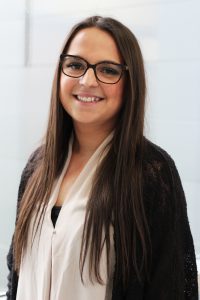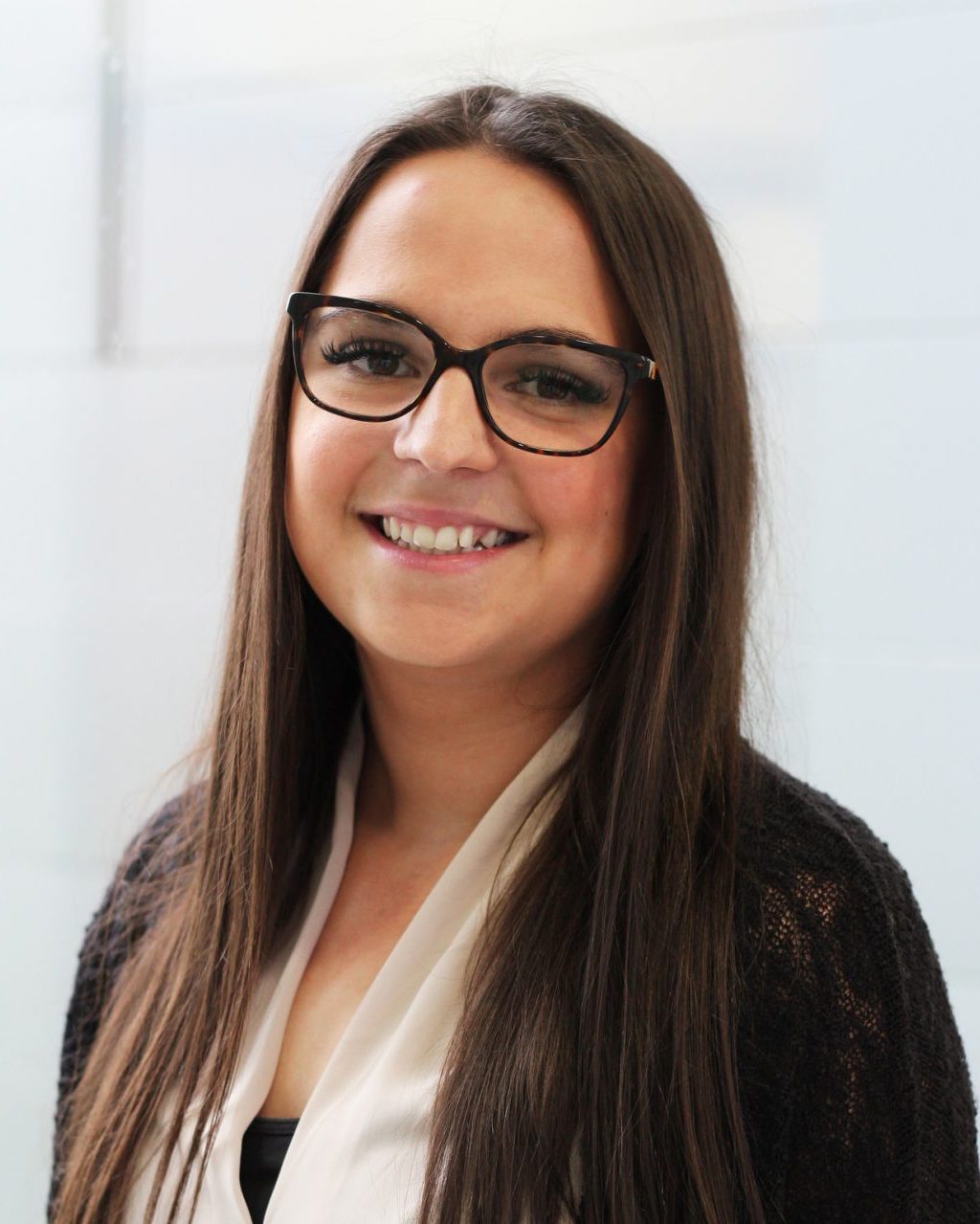At a young age, Tsandlia Van Ry knew she had a strong desire to pursue a career as a health care practitioner, and the first place she thought to evaluate was the need in her own Stó:lō community.
Van Ry, a Stó:lō woman from Skowkale First Nation located along the Chilliwack River, has decided to focus her passion for health and connection to Indigenous ways of knowing into her fourth year research project as part of her Bachelor of Kinesiology degree.
 Van Ry realized she could help the health of her community by reflecting on her own needs as an Indigenous woman.
Van Ry realized she could help the health of her community by reflecting on her own needs as an Indigenous woman.
Her research focuses on bridging the gap between Stó:lō healing and Western medicine in order to reduce the effects of cultural stress and promote preventative care from an Indigenous world view. “Health is not comprised of isolated issues,” notes Van Ry. “Health issues that stem from cultural stress are prominent in First Nation communities. We are not always given the opportunity to think about our health from a non-medical perspective,” she says.
Traditional healing practices are designed to promote mental, physical, and spiritual well-being.
“Indigenous world views are not as linear in a sense as Western ways of knowing. Our generations and experiences are intertwined, and this has an effect on how we think about our health and how we care for ourselves as Indigenous people,” says Van Ry.
As part of her research, Van Ry hopes to shed light on how Indigenous and non-Indigenous health practitioners can integrate an Indigenous health framework into their practice. Part of this knowledge will focus on drawing connections to health, territory, language, and culture, while also keeping in mind experiences of colonial trauma on her people.
“Western medicine is very cause and effect. It is viewed as a personal issue that is fixed with pharmaceuticals or surgery,” notes Van Ry. “I want to focus on a deeper understanding of the valuable knowledge of healing that our Elders hold, and unpack ways to apply that knowledge. For example, using stories as a means to heal by talking to people who have experienced cultural stress and passing down that rich history is central to the health of our communities. Our communities are focusing strongly on revitalizing language and culture. I want to continue that push from a health perspective.” says Van Ry.
One of the gaps she is finding is an underrepresentation of Stó:lō health care practitioners in First Nations communities. “I want to use the knowledge I’ve been given and provide for my community in a healthy way, so our people can have more options in health care,” notes Van Ry, who is hoping to become a physician.
Van Ry also touched on the significance of returning to her territory and beginning to speak her native language for healing. “In Halq’emeylem one word may tell a whole story, and it is very verb-rich. That was enlightening for me because I could start describing the world around me as I started to learn Halq’emeylem. It helps you understand your territory, and your relationship to your territory, which is really important to your health. Because of displacement, some are not connected to our home territory. For example, my family is originally from Chilliwack Lake, but I grew up in Kamloops. Returning to Chilliwack Lake was really significant for me, especially if you need that energy from your family territory build yourself up,” she shares.
Van Ry hopes her research can strengthen the value of Stó:lō ways of knowing in health and wellness, while taking into account the effects of intergenerational trauma. “As a health sciences student, one day I will be working with people who have health issues that are related to social, cultural, or emotional trauma. I think we need to understand that significant cultural layer on health,” says Van Ry. “We are talking about it but not in an applied way. A component of healing is about reciprocity. We don’t just take from another, we need to return the energy and keep the circle alive” she says.
Van Ry plans to continue doing research with Indigenous communities even though she is graduating from the UFV Bachelor of Kinesiology program this spring. “I feel like I lucked out at UFV on the Chilliwack campus because we have a strong Indigenous support system and the kinesiology faculty are very willing to support me in my learning,” she says.
In addition to her work as an undergraduate kinesiology student, Van Ry is working as a research assistant with Dr. Keith Carlson from the University of Saskatchewan. Van Ry will be transcribing oral histories for Dr. Carlson as part of his work titled, Mapping the transformers’ travels: gender, colonialism, and Coast Salish territory. The project is grounded in community engagement and aims to unpack gendered implications of settler colonial contact on Coast Salish space and territory.
Van Ry will present her work with Dr. Carlson at the Native American Indigenous Studies Association conference and Canadian Historical Association Congress in May.

